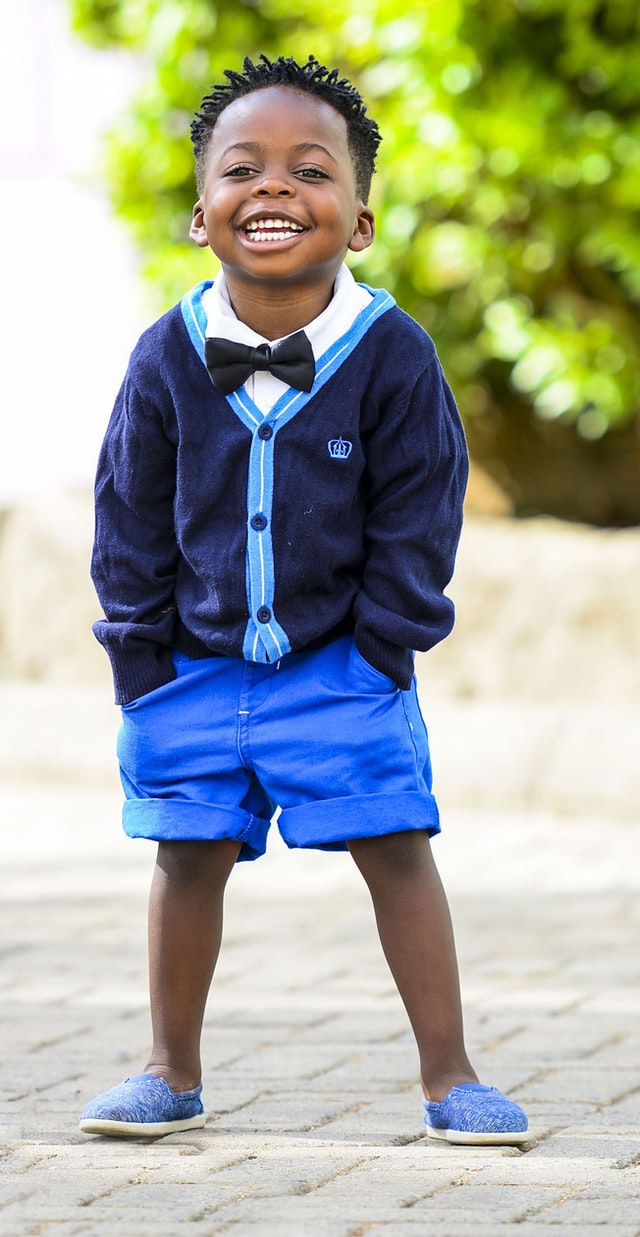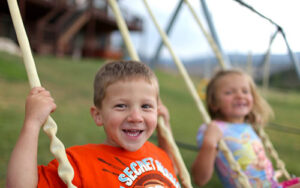
Blog
Teaching your Child to Listen to their Intuition
Intuition is not talked about often, but we all have it and we all feel it from time to time. Intuition is important because it’s

Intuition is not talked about often, but we all have it and we all feel it from time to time. Intuition is important because it’s




Join our community to get the latest tips, exclusive offers, and updates straight to your inbox. Don’t miss out—subscribe now and be the first to know!